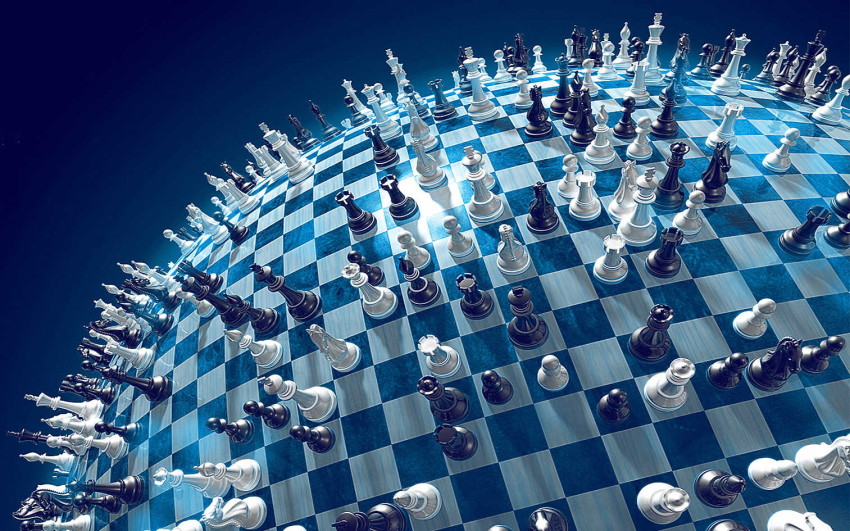Chess is a strategy game which was played by kings and princes in ancient times, but now it is being played by millions all over the world. Chess is thought be the most intellectual of all board games, and resembles life itself. Players strategize in order to weaken the opponents defense, simultaneously protecting their own pieces in an intense battle of minds. Chess resembles life itself, and there are many life lessons that could be learned by playing chess.
1. There is no formula for winning a chess game.
One cannot apply a formula to a game of chess. Thinking out of the box, and innovating new strategies brings results in chess. Similarly, there is no formula for success in life. Innovation, creativity and flexibility is the key to success.
2. You cannot take even a pawn for granted.
Pawns play an important role in one’s defense in a game of chess If a pawn is not appropriately utilized and protected, the strategy might show signs of weakness and game could be over for you. Similarly, in life we must learn to value even the most seemingly petty resources available to us, it could mean the difference between victory and defeat.
3. Moves cannot be taken back if moved once.
In a game of chess, once a player has moved, even if its an erroneous move, it cannot be taken back. Strategy has to be built around that move. Just like life, you cannot change time, what is done cannot be reversed. Events build upon that same decision that you made at that time.
4. The King is the most important piece
In a game of chess, the king is the most important piece. It is hiding behind its defense, safe and sound, while other pieces are fighting, getting captured. If you can defend your king and mate the opponent’s king even if you have lost a lot of pieces, you win the game. So no matter how bleak things look, keep your eyes on the goal.
5. Awareness
Many people, while playing a game of chess, indulge in forming their own strategy and pay no attention on the opponent’s moves. They might be falling into a trap. As in the case of real life, one has to be aware all the time of their surroundings.
6. Have to calculate moves ahead.
Players who do not calculate at least two of their opponent’s as well as their own best moves ahead of time, risk of falling into a trap if the opponent is good. Similarly one has to plan for the future in real life and calculate the best possible moves to succeed in life.
7. Critical Thinking
In some rare cases in a game of chess, a situation builds up where a player has the opportunity of capturing any bigger piece of the opponent, without giving away his piece. Such situations in chess require a lot of critical thinking and calculations. If a wrong piece is captured, it might prove a disadvantage, or could be a trap. Just as in the real life, there comes time where we have to make those critical decisions, for example, switching a job. If wrong decision is made, course of life will take a new turn, in some cases positive and some negative direction.
8. Sacrifice
Sometimes, one has to give up a piece in order to get an advantage over the opponent. In life we have to sacrifice something to achieve something, sometimes small sacrifices make way for big victories.














